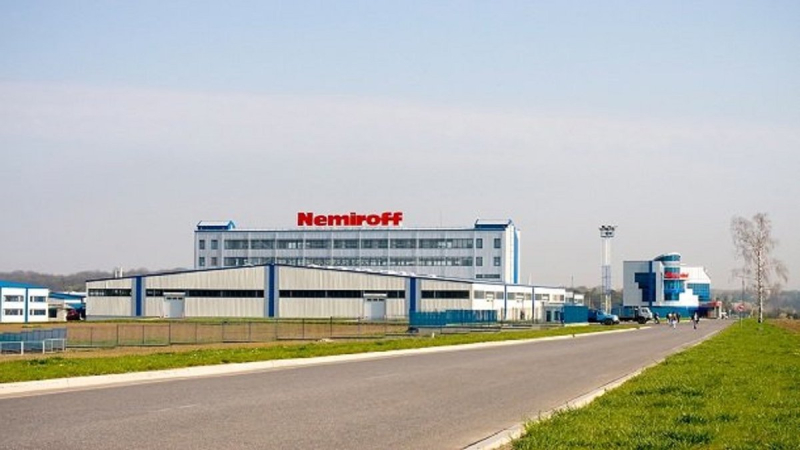
The war in Ukraine has made significant adjustments to the work of alcohol production enterprises/”Today”
Depriving you of the opportunity to sell alcohol not only prevents you from saving jobs, but also entails stopping the production and distribution chains. Read more in the exclusive blog for the Channel 24 website.
Thus, the business completely loses the opportunity to work, pay taxes, and support the country's economy.
Since the beginning of the war in Ukraine, the government has banned the sale of alcoholic beverages. On the one hand, this is logical – to defeat the enemy, discipline is indispensable. However, the shutdown by the state of an entire sector of the economy, which involves dozens of enterprises and thousands of employees, only led to a significant shortfall in taxes to the budget and provoked an increase in activity in the shadow market.
How this affected production
The very first thing that the Nemiroff company did at the beginning of the war was to close the enterprise and suspend production. For more than a month, our plant in Nemirov, Vinnytsia region, did not produce products for the domestic market and export.
First of all, this decision was made to guarantee the safety of workers. For us, this has been and will be the highest priority.
The second reason is the ban on sales. Along with the introduction of martial law in the country, the government officially banned the sale of alcohol on the territory of Ukraine: shops took all products from the shelves, bars lost the opportunity to work. When you do not have the opportunity to sell, then there is no point in producing.
Another good reason is the shock stop of all supply chains. Under those conditions, the company was not able to provide the plant with the supply of the necessary materials – from raw materials to packaging, as well as guarantee delivery to networks and distributors.
The question arose before us – how to ship finished products for export in the future? In the pre-war period, we closed the issue of export through the ports of Odessa, while such an opportunity was not available. The way by road was also suspended due to the ban on drivers traveling abroad.
How this affected the alcohol industry
The production of vodka or any other strong alcohol is just the final link in a long chain, which includes various suppliers and producers of Ukraine – from farmers who grow grain from which alcohol is made, to manufacturers of bottles, caps, labels, cardboard, films, etc. .
Here we also include infrastructure elements: carriers, warehouse operators, customs brokers and certification companies.
And the final stage – trade establishments, both retail stores and cafes, bars, restaurants, which were also left without goods and the opportunity to work at the bar.
Therefore, when a key link in a large chain does not work, this also affects related businesses. As a result, a significant amount of wages are not paid to employees and taxes are not received by the budgets of different levels.
Consequences of the ban after a month of war
The alcohol trade is now officially banned, but in fact it continues. The purchase and sale of alcohol continues, but in the shadow, that is, the state budget does not receive any revenue, there are no guarantees for jobs and opportunities to support the economy and the Armed Forces.
It is important to know that one of the largest taxpayers in Ukraine is the alcohol industry. Each manufacturer daily paid millions of hryvnias to the budget. However, the peculiarity of the excise tax is that it is paid in advance, even before production.
What will happen next
Some regions have only recently begun to lift their total ban on the sale of alcohol. For example, in Kyiv, from April 1, it was allowed to sell alcohol, but only between 11:00 and 16:00. We have repeatedly proposed to the government such solutions for limited controlled permission for the sale of alcoholic products in the territory where there is no hostilities.
The limited sale of alcohol is possible in different ways – both allowing the sale of alcohol only at certain times of the day, and limiting the amount – no more than one bottle per person and the like.
After this decision is made, it is not necessary to wait for an instant resumption of production, but it will give the green light to the sale of stocks of alcoholic products manufactured before February 24, 2022 to trade establishments and distributors. And they, for their part, will be able to pay off the producers.
The greatest result can be obtained after the resumption of the alcohol industry – the return of funds into circulation, which will make it possible to pay wages to employees and pay taxes, which are now literally vital necessary for the security of our state. As a result, there will be significant support for industry workers, local budgets and our state!

